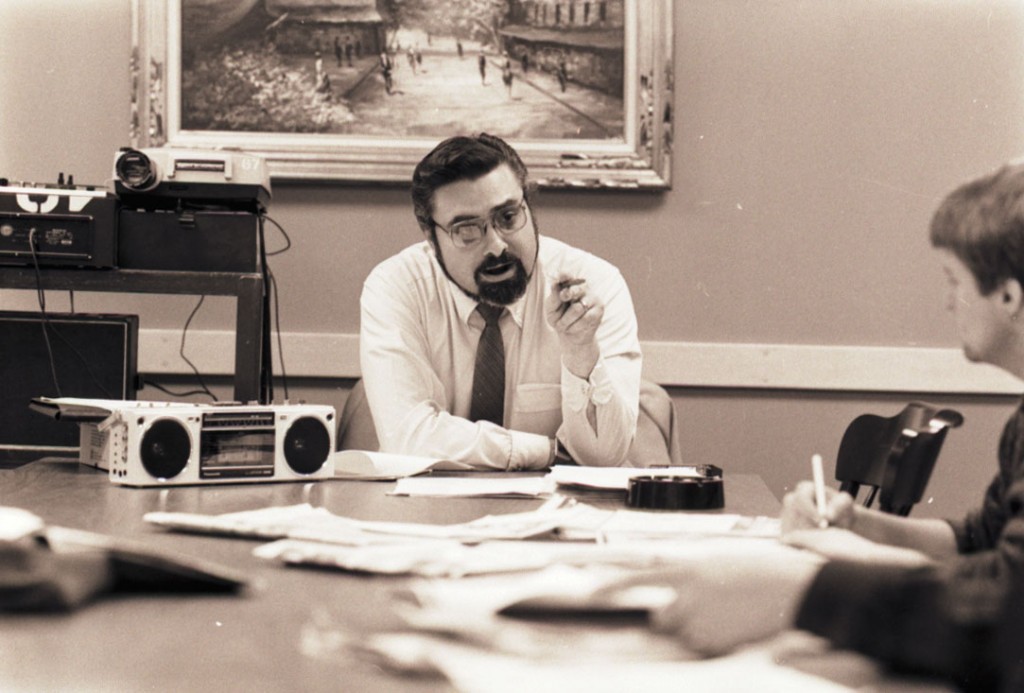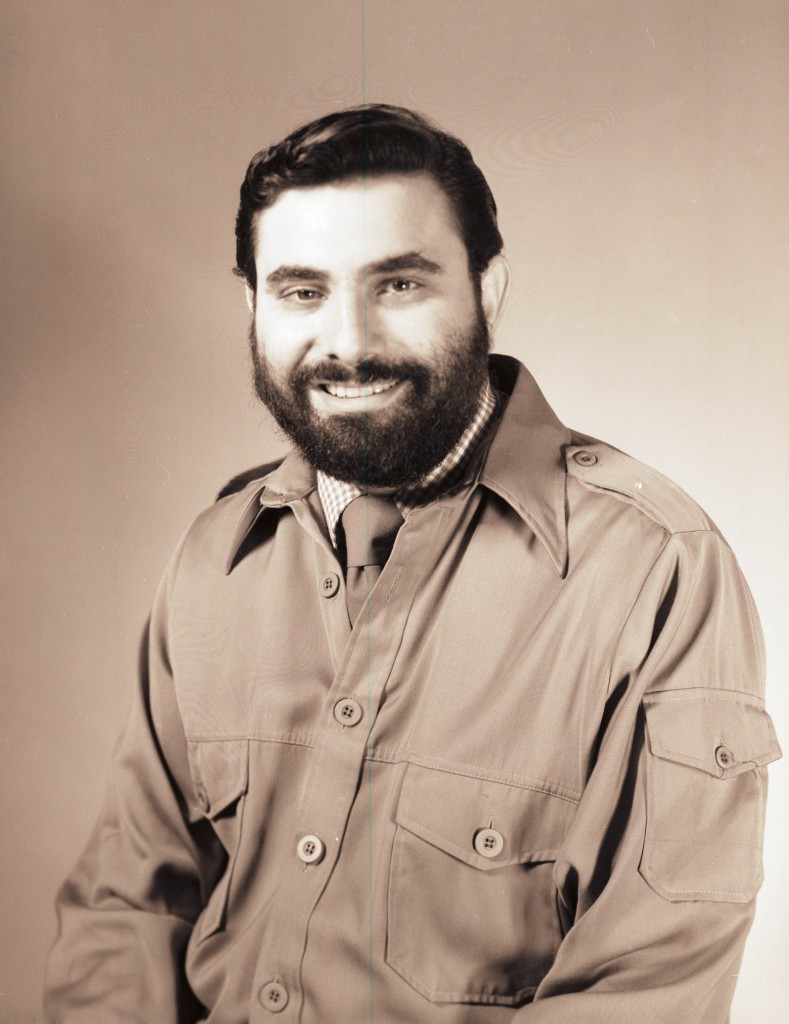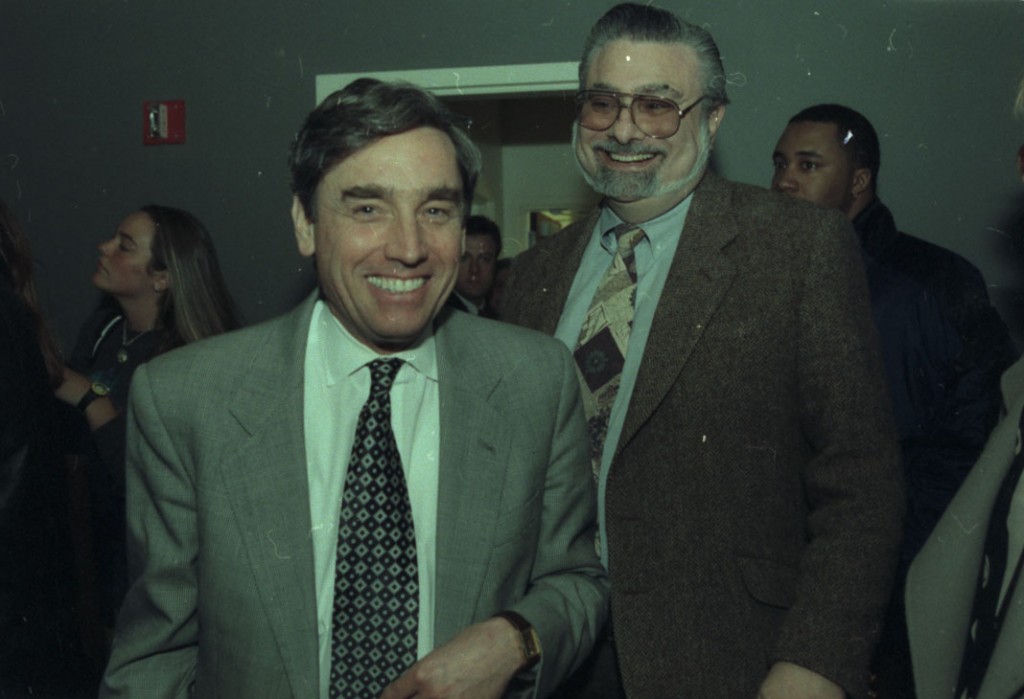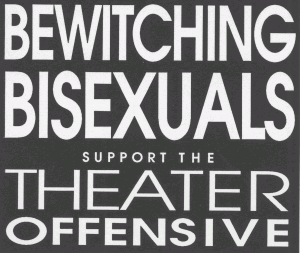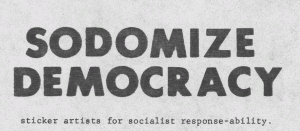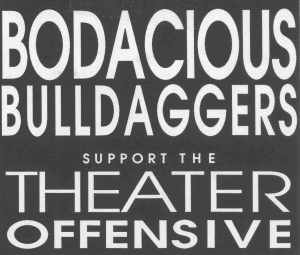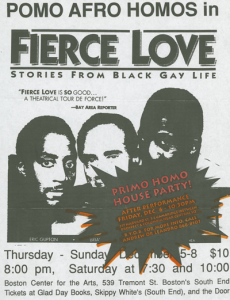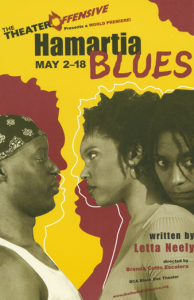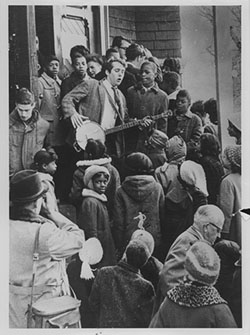 The following is a series written by archivists, academics, activists, and educators making available primary source material, providing pedagogical support, and furthering the understanding of Boston Public School’s Desegregation history.
View all posts
The following is a series written by archivists, academics, activists, and educators making available primary source material, providing pedagogical support, and furthering the understanding of Boston Public School’s Desegregation history.
View all posts
The 2014-2015 school year marked the 40
th anniversary of Boston Public School (BPS)’s court-ordered school desegregation. To commemorate this event, BPS is building a multi-grade curricular unit for students to study the city’s school desegregation and “busing” crisis. Before this unit was created, students learned about integration efforts only through the case study of Little Rock, AK. Neglecting to address, understand, and own Boston’s own civil rights struggles perpetuates the notion that the Civil Rights Movement targeted injustice and segregation only in the South, when in truth, Boston’s struggles were equally important and difficult.
To assist this effort, Northeastern’s University Archives and Special Collections is coordinating a multi-archive scanning project whose goal is to make available archival material that relates to what how and why busing happened in Boston, as well as the after effects it had on the community. The goal is to create a digital library of material that can be widely disseminated for both curricular and scholarly use.
This effort has been made possible by a gift from the
Boston Library Consortium (BLC), whose leadership has been essential to this project.
This School Desegregation and ”Busing” Digital Library is a lightweight, nimble project that attempts to lay the technical and descriptive groundwork for cross-institutional collaboration through the technical infrastructure of the
DPLA and
Digital Commonwealth. It also serves as the kernel of what all hope becomes a long-standing collaboration between BPS and local archives. In an ideal world, all 57,000 BPS students visit an archive during their K-12 years. Realistically, digitizing this material allows teachers unfettered access to a deep pool of primary source material which can inspire students to learn more about the history of their own city and become emerging leaders.
The BLC members initiating this effort are University Archives and Special Collections at UMass Boston, the Northeastern University Archives and Special Collections, The State Library of Massachusetts’ Special Collections, and Boston College’s John J. Burns Library of Rare Books and Special Collections. Additional archival partners include The Moakley Archive and Institute at Suffolk University and the Boston City Archives.
Partner institutions are scanning material that illuminate the complexity of state- and city-wide politics, community activism and advocacy, and all parties’ reactions to national and local legislation. The time frame covered originates with the Brown v. Board of Education decision (1954), works through the Civil Rights Act (1964), into and past the Morgan v. Hennigan case (1974), and the resulting citywide unrest. The collection aims to illustrate the reaction of politicians, school staff and administrators, parents and community members to desegregation by busing.
To watch the growing collection of items that is Northeastern’s contribution to this effort, please visit the University’s
Digital Repository.
— Giordana Mecagni is Head of Special Collections and University Archivist at Northeastern University
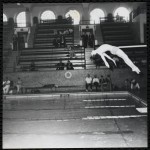 The Northeastern University Archives and Special Collections’ vast collection of photographs from the Boys and Girls Clubs of Boston is now available in the DRS. This collection tells an important story of the Boys and Girls Club of Boston (BGCB) and the organization’s rich involvement in the Boston community from 1893 to 2004.
The BGCB DRS collection is the result of a large-scale, two-year digitization and cataloging project undertaken by Snell Library staff. There are more than 6,100 engaging images available in this collection, including photographs, slides, and negatives, and more than 5,000 photographs have been digitized and made available in the DRS. While most of the photographs in the collection were taken between 1940 and 1995, some images date back to 1915, and others are as recent as 2000.
The Northeastern University Archives and Special Collections’ vast collection of photographs from the Boys and Girls Clubs of Boston is now available in the DRS. This collection tells an important story of the Boys and Girls Club of Boston (BGCB) and the organization’s rich involvement in the Boston community from 1893 to 2004.
The BGCB DRS collection is the result of a large-scale, two-year digitization and cataloging project undertaken by Snell Library staff. There are more than 6,100 engaging images available in this collection, including photographs, slides, and negatives, and more than 5,000 photographs have been digitized and made available in the DRS. While most of the photographs in the collection were taken between 1940 and 1995, some images date back to 1915, and others are as recent as 2000.
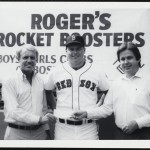 Many people, events, locations, and activities are represented in the collection, and as a whole the collection is a record of the BGCB’s century-long involvement with children in the Boston community. The DRS BGCB photograph collection is a small fraction of the related archival content maintained by University Archives and Special Collections. The full collection contains administrative documents, promotional programs, correspondence, VHS and reel-to-reel tape, scrapbooks, and many other artifacts of the history of the BGCB. For more information about the Archives’ BGCB collection, view the finding aid or visit the Archives.
Many people, events, locations, and activities are represented in the collection, and as a whole the collection is a record of the BGCB’s century-long involvement with children in the Boston community. The DRS BGCB photograph collection is a small fraction of the related archival content maintained by University Archives and Special Collections. The full collection contains administrative documents, promotional programs, correspondence, VHS and reel-to-reel tape, scrapbooks, and many other artifacts of the history of the BGCB. For more information about the Archives’ BGCB collection, view the finding aid or visit the Archives. Neighborhood Matters is a lunchtime series that celebrates the ways in which community groups have shaped the neighborhoods surrounding the Northeastern campus. This series is co-curated by the Northeastern Center for the Arts and the Archives and Special Collections at the Northeastern University Library.
Neighborhood Matters is a lunchtime series that celebrates the ways in which community groups have shaped the neighborhoods surrounding the Northeastern campus. This series is co-curated by the Northeastern Center for the Arts and the Archives and Special Collections at the Northeastern University Library.

